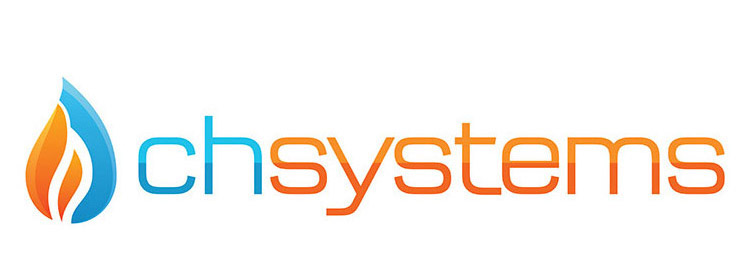What is the ‘energy trilemma’? – And how does it impact businesses?
Everyone’s talking energy these days. It wasn’t that long ago that business energy consumption was seemingly irrelevant; the UK had it all figured out. But times have changed; sustainability has become a big deal bringing energy to the fore both socially and politically. News headlines are rife with reference to the so-called ‘energy trilemma’ and how this affects business profitability, and companies are spending many hours hashing out solutions in the boardroom in an effort to reduce energy costs.
The term ‘energy trilemma’ was coined by the World Energy Council to explain the problem of finding secure energy supplies and catering to rising demand without prices becoming unaffordable, all while reducing greenhouse gas emissions. And the problem is turning out to be quite the conundrum. The three goals of: energy security, energy cost and environment sustainability are largely dependent on the relationships between public and private sectors, governments and regulators, economic and social factors, national resources, environmental concerns, and individual behaviours. The challenge that business owners face, amidst all of this, is to make energy work for the company (rather than against it) whilst maintaining a profit (and the certainty of future profits) by ensuring that the energy trilemma does not manipulate net earnings into the red.
The most obvious solution to the energy trilemma is energy efficiency. According to a survey conducted by UrbanWind, the majority of UK businesses are concerned with saving energy, with 94 per cent actively pursuing an energy reduction programme. And this is great news, considering the fact that European leaders have struck a broad climate change pact obliging the EU as a whole to cut greenhouse gases by at least 40 per cent by 2030. David Cameron won a battle to keep policies aimed at boosting renewables and saving electricity voluntary for member states. Although Cameron had hoped to cut the energy efficiency figure to 25 per cent, he accepted 27 per cent on behalf of the UK as long as it was not binding on Britain.
More and more, government policy will make businesses accountable for their energy consumption as experts and leaders work to solve the energy trilemma. If your business is not yet on board with implementing sustainable energy measures, it’s probably time to get with the programme.
If you’d like further information on ways to lower your energy overheads and make your business’s energy use more sustainable, feel free to contact the CH Systems team on 0208 302 8149 or info@chsystems.cc.
Sources: H&VNews – “Commercial opportunities increase for MCS installers”; Greenwisebusiness.co.uk – “EU leaders agree 40 per cent emissions cuts by 2030”; Urban-wind.co.uk – “Business Energy Independence” and Theguardian.com – “The energy ‘trilemma’: how did we get here?”


